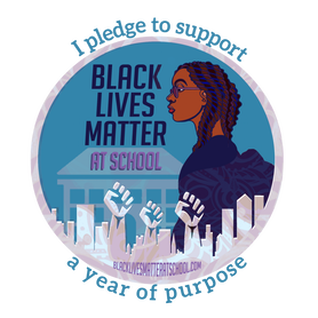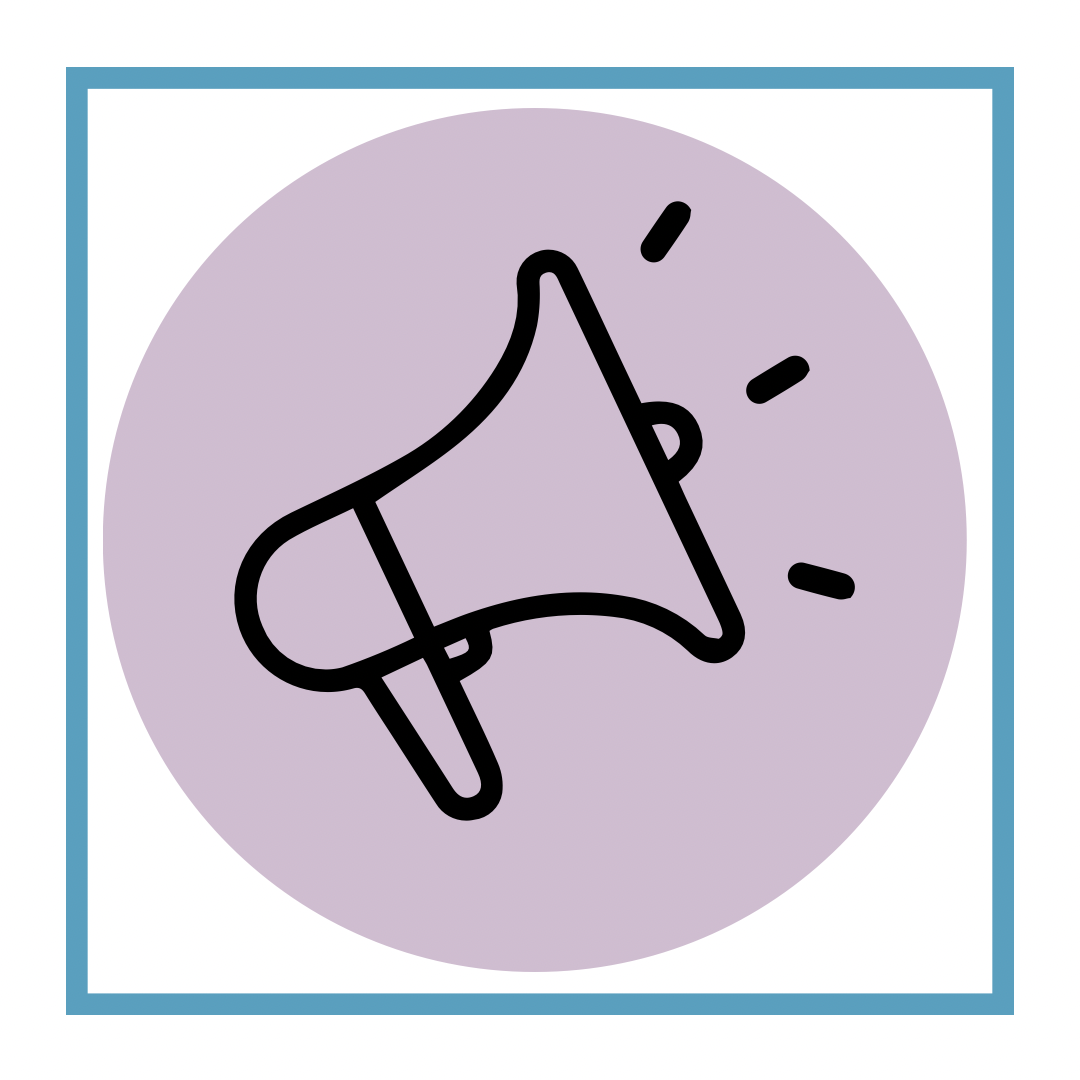We are calling on all educators, students, parents, antiracist organizers, and education advocates to participate in the Black Lives Matter at School "Year of Purpose," sign this petition, and fill out this form to let us know about your commitment. THE COMMITMENT In the wake of the murders of George Floyd, Ahmaud Arbery, Breonna Taylor, Tony McDade, and others named and unnamed, a great Uprising for Black Lives has swept the nation and the world, inciting new urgency and radical possibilities for advancing abolitionist practice and uprooting institutional racism--in our schools and in our boarder society. The uprising has helped create a national discussion about what public safety could be. For too long public safety has been defined as spending more money on the legal punishment system and funding for more police in schools and communities. We believe it is vital to redefine public safety in terms of the holistic social and emotional wellbeing of students and educators. During this time of the coronavirus pandemic, public safety has to also mean not opening schools until the science supports it can be done safely, COVID-19 testing at schools and in communities is widely available, personal protective equipment is funded and supplied for educators and students, schools are provided functioning ventilation systems, and so much more. The Uprising for Black lives has prompted the Black Lives Matter at School movement to expand its proposed activities to a “Year of Purpose,” in addition to the annual Week of Action held during the first week of February. The centerpiece of the Year of Purpose is asking educators to reflect on their own work in relationship to antiracist pedagogy and abolitionist practice, persistently challenging themselves to center Black lives in their classrooms. In addition, educators will be asked to participate in intentional days of action throughout the school year uplifting different intersectional themes vital to making Black lives matter in schools, communities, and beyond (see the days of action below). The learning environments we aspire to create reflect a deep understanding of the experiences of Black children, families, and communities, as well as our own ongoing work of critical self-reflection and personal transformation. Are we creating humanizing communities that respond to the concerns of our students? Are we committed to leveling up our expectations for Black students? As educators, we turn inward in order to reach outward, linking our efforts to broad, integrated movements for social justice. As our ancestor, the Black lesbian warrior poet Audre Lorde, stated, “There is no such thing as a single-issue struggle because we do not live single issue lives.” This means we must commit to living our principles everyday, in and out of our classrooms, within our homes, and with our communities. It is a commitment to the village. The excerpted questions we choose to focus upon are meant to support educators--and parents who are educating their kids at home during the pandemic--throughout the year. These questions, as well as pieces from our paragraphs above, first appeared in the book Planning to Change the World: A Plan Book for Social Justice Teachers (2019–2020). We invite educators and educators-in-training to meditate on the questions that follow, and—given that no such list can be comprehensive—to pose questions of their own. Only through deliberate reflection can we realign our teaching practices to meet our current challenges and invent new practices where there are none. Additional information about the Year of Purpose and opportunities to participate are available at BlackLivesMatterAtSchool.com. SELF REFLECTION QUESTIONS
ACTIONS AND ACTIVITIES In addition to the self-reflection, we encourage educators to participate in the following days of action throughout the year. Each action is grounded in the Movement for Black Lives Principles that we adopted as well: 1) FIRST DAY: Black to School (Whatever date that is for you) -Wear the shirt -Review the BLM at School reflection questions and write up your anti-racist action plan for the year -Graffiti wall: "What are we going to do differently this year to further the movement for Black lives in our school." -Post a video to social media -Join Twitter chat 2) October 14th: Justice for George Day Principle: Restorative Justice October 14th is George Floyd’s Birthday. Justice for George is a day to remember him and call for the defunding of the police and the redirecting of those funds towards social programs and education. 3) November 20: Transgender Day of Remembrance Principle: Trans Affirming Friday, November 20, Transgender Day of Remembrance 2020 William Dorsey Swann. 4) December 3: International People’s with Disabilities Day Principle: Globalism and Collective Value December 3 is International People’s with Disabilities Day. Harriet Tubman, Fannie Lou Hamer are two disabled freedom fighters we revere, even as the disabilities they carried with them into struggle aren’t consistently lifted up as assets in their fight. To fight against societal ableism, we must celebrate our differences and understand how the lessons from Black disabled organizers teach us how to build inclusive, accessible movements. 5) Queer Organizing Behind the Scenes Principle: Queer Affirming January- During January, we find it critical to lift up Bayard Rustin, one of the principal organizers behind the March on Washington which is crowned as one of MLK’s lasting achievements. To be queer-affirming means lifting up our queer ancestors who were at the foundation of our movements throughout time. This deepens the purpose of MLK day to understand that no one person makes a movement, highlighting how MLK’s legacy encompasses the contributions of many. 6) Unapologetically Black Day Principle: Unapologetically Black Audre Lorde/Toni Morrison Birthday February 18th 7. Student Activist DayPrinciples: Loving engagement and Empathy March 6: Barbara Johns Black student activist day--Day to celebrate Black student activists. 8. Revolutionary Black Arts Principle: Intergenerational April- During National Library Week, we seek to center the classic contributions of Black Writers and artists across the generations: Zora Neale Huston, Faith Ringgold, Alma Thomas, Augusta Savage, Jasmine Mans. How are the themes and radical vision that they brought to their art reflected in your classrooms and communities? How can young people extend on these legacies? 9. Black Radical Educator Day Principle: Black Villages May 3rd: On Septima Clark’s birthday we celebrate Black Radical educator day. 10. #SayHerName Day Principle: Black Women June 5, Breonna Taylor's Birthday--Day to call for justice for Breonna and uplift the #SayHerName movement 10. Education for Liberation Day Principles: Black Families and Diversity Juneteenth: Education for Liberation day--A day to celebrate the struggle that brought down slavery and reflects on what must be done to win Black liberation 11. A Day for Self Reflection
Review all 13 PrinciplesLast day of School, Reflection Day: reflect on your year of antiracist teaching, possibly in groups.
0 Comments
Your comment will be posted after it is approved.
Leave a Reply. |
Get monthly updates. Subscribe to our
|


 RSS Feed
RSS Feed